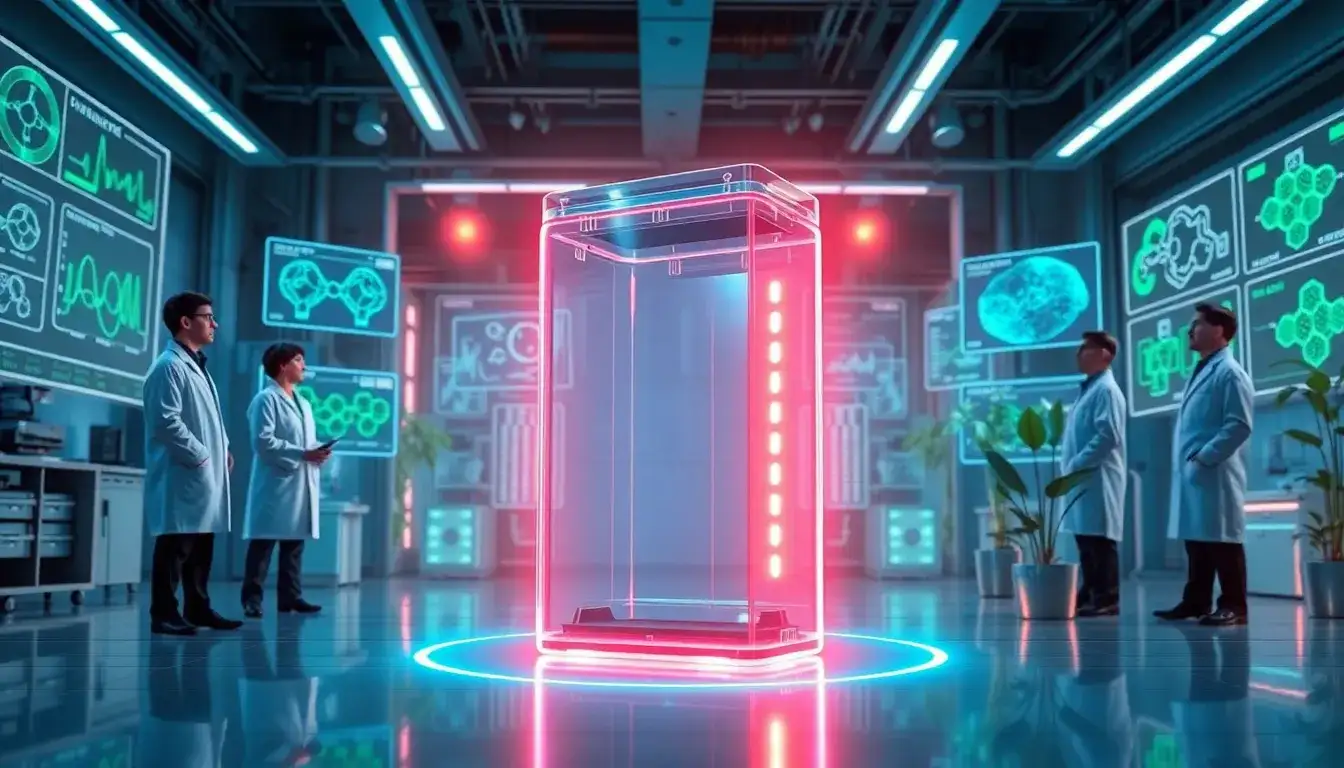
Researchers at Fudan University in Shanghai have made significant strides in improving the lifespan of lithium-ion batteries. Their innovative technology could allow these batteries to retain near factory-fresh performance even after undergoing up to 12,000 charge-discharge cycles. This advancement holds considerable promise for electric vehicles, smartphones, and large-scale energy storage systems in China.
Typically, electric vehicle batteries last between 1,000 to 1,500 cycles, roughly translating to six to eight years of use, with cold temperatures further accelerating their degradation. Led by Peng Huisheng and Gao Yue, the research team utilized artificial intelligence alongside organic electrochemistry to develop a novel lithium-ion carrier molecule. This molecule functions similarly to medical treatments for batteries, replenishing lost lithium ions and restoring capacity rather than deeming the batteries unusable.
“This carrier molecule can be ‘injected’ into aging batteries to precisely replenish lost lithium ions, offering a ‘precision treatment,'” explained Gao. “The structure is relatively simple, with lithium electrons on one end and the remainder acting as a vehicle to transport these electrons into the deteriorating battery. Ultimately, the vehicle component is discharged as gas.”
Additionally, the researchers have pioneered the development of battery materials that do not require lithium ions, potentially leading to the use of more environmentally friendly, heavy metal-free materials. They project that this technology could extend the lifespan of standard lithium-ion batteries from the current range of 500 to 2,000 cycles to an extraordinary 12,000 to 60,000 cycles—marking a groundbreaking achievement in battery research.
Their findings were published in a paper on the journal Nature’s website. In explaining the structure of a lithium-ion battery, experts noted that it comprises a cathode, anode, and active lithium ions in between. A battery is considered “retired” when it loses a significant number of these ions. “Our strategy is to retain the functional cathode and anode while addressing the problematic components,” stated Gao, one of the co-corresponding authors of the paper. “Our goal was to create a transformative functional material that delivers precise lithium-ion replenishment to significantly extend a battery’s lifespan.”
To design the lithium carrier molecule, the team employed AI and chemical informatics to digitize molecular structures and properties. They constructed a database and utilized unsupervised machine learning for molecular recommendation and prediction, ultimately synthesizing a molecule named CF3SO2Li. After ensuring that the molecule met rigorous performance standards and was cost-effective to produce, the researchers successfully validated its principles and collaborated with a leading domestic battery company to test the technology on real lithium-ion battery devices.
Original article by NenPower, If reposted, please credit the source: https://nenpower.com/blog/breakthrough-technology-promises-to-extend-lithium-ion-battery-lifespan-to-60000-cycles/


